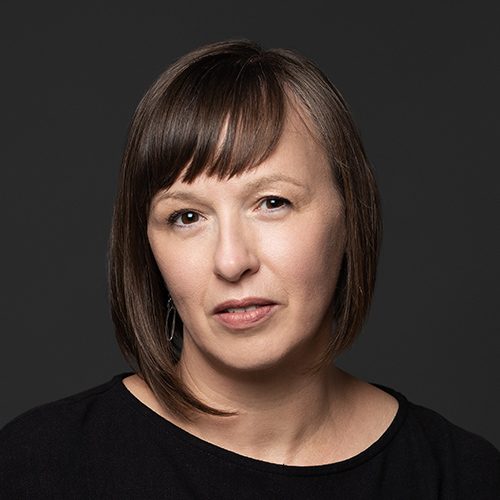Crossing age and generational boundaries: Exploring intergenerational research encounters
Academics and professionals who aim to understand and plan for aging societies are most often younger than study participants and the benefactors of social programs themselves. However, the appropriateness of such intergenerational practice is beginning to be questioned. It has been suggested that only older people should conduct research, consult on and plan programs for older people. To understand the benefits and pitfalls of such an approach, research encounters between younger and older people will be used as examples from which to explore the question: what happens when individuals attempt to reach across age and generational boundaries? Situating age and generation as organizing principles, insights will be gleaned from the anthropological insider–outsider debate, linguistic work on age-based differences, and emotional associations and identification across age and generational boundaries. This paper argues that the ways older and younger people relate to each other may hold the potential for connection and/or conflict between the generations. Results suggest that age and generation be considered one of the many social locations that may impact the research process and outcomes. Researchers and policy makers of all ages must begin to reflect on their involvement with age and generational boundaries.

